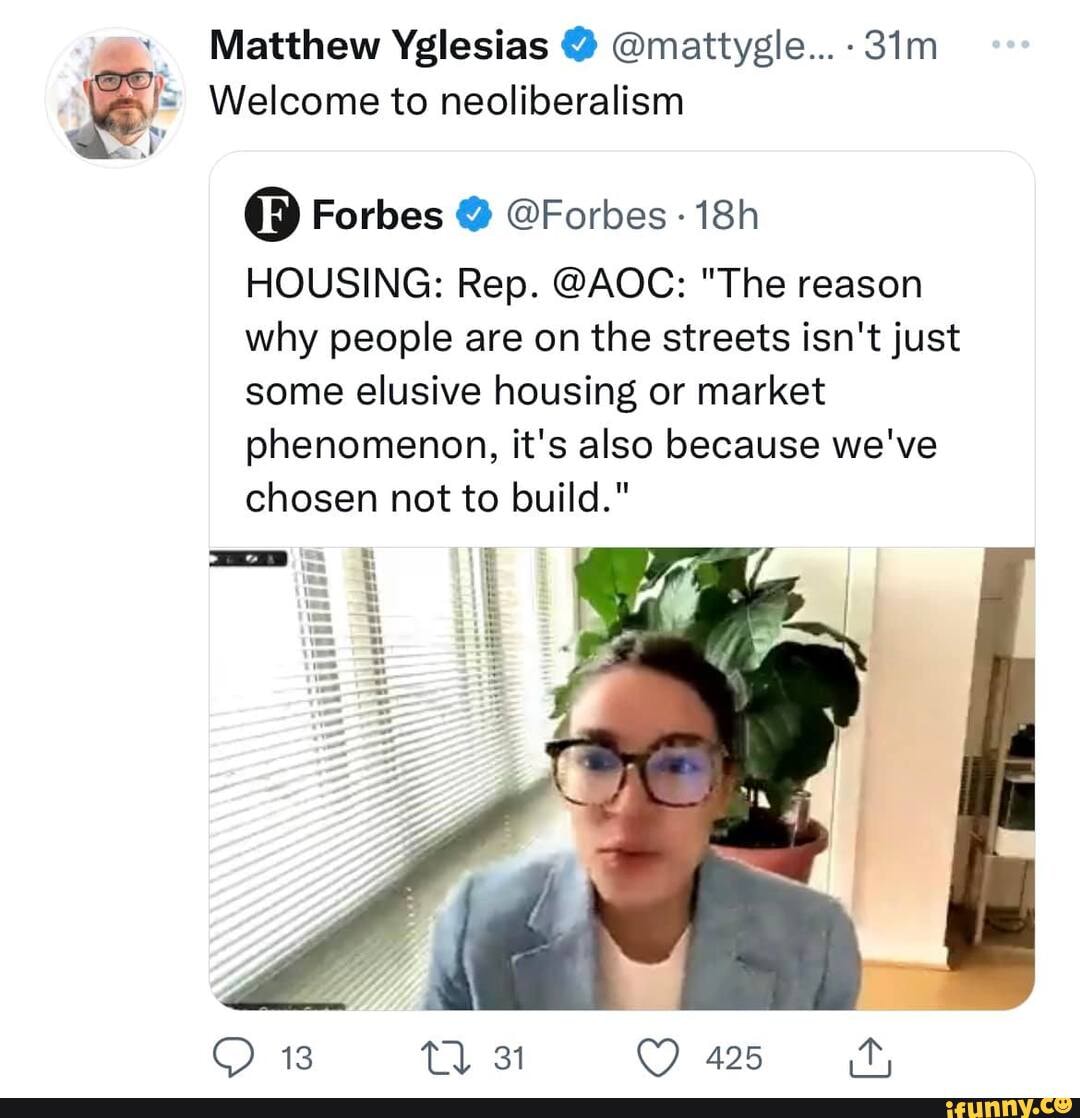— Elon Musk (@elonmusk) April 28, 2022
I.
Scott Siskind made the claim that the social justice movement came about from the New Atheism movement when they no longer had a battle to fight.
I think that’s giving too much credit to atheists, who only represent a small portion of the population. Instead, I think it’s better to think of the pushback that formed the movement.
Christian fundamentalists tried to codify into law two unpopular, and illiberal, beliefs: that gay marriage is wrong and should be outlawed and that evolution is wrong and intelligent design should be taught in it’s place, or at least as a similarly-plausible theory. Or, more plainly, they were anti-gay and anti-science.
Obviously atheists opposed this movement, in addition to the Catholic Hispanics, Muslims, and Baptist African-Americans who made the transition to a pro-social justice movement much easier for the atheist activists. But the anti anti-gay coalition also included many classical liberals, people who oppose illiberalism and government overreach.
So I think it’s better to think of this group as the anti-evangelical movement than a New Atheism movement, they were defined but what they stood against more than what they stood for, as is often the case in most coalitions.
My theory for explaining the current culture war is that, yes, part of this anti evangelical coalition broke off once this gay rights war was won and rebranded themselves as fighting for racial justice instead. But I think the other part of the coalition that Scott never identified have rebranded themselves as fighting for free speech. So now you have social justice warriors and free speech warriors. The crux of the culture war now is issues of free speech conflicting with issues of racial justice, with both groups trying to build a dam to hold back conflicting floods.
The Christian fundamentalists are still there lurking. They tend to hop on the free speech side when it suits them, which does make me wonder if I have to renege on my “moral purity is always bad/coalitions are always good” takes.
But my other worry is that the Christian fundamentalists have an opportunity for a power grab with the two coalitions fighting each other. We're already starting to see it with book bans that started off as anti-CRT but have morphed into traditional conservative prudishness. Maus isn't promoting CRT, but it's being banned because of "curse words."
II.
The image Elon Musk tweeted at the top of this post isn't totally accurate, but it is hinting at something. The "Me" character is a stand-in for free speech advocates who opposed the anti-evangelical movement. Their closely related social justice friends have moved to the left. You can argue about how much the right has moved but I think the more worrying trend is how powerful and authoritarian they have become since the anti-evangelical coalition has not only dissolved, but turned on itself.
But I also believe in popularism, not necessarily as an election strategy but as a North Star for predicting cultural change.
Chris Rufo recently tweeted about a "sexy" summer camp that teaches kids things like BDSM and how to be a sex worker. His tweets and screenshots led to the camp scrubbing their website and they probably received a lot of, let's say opinions, from his followers. I think that the camp gross and inappropriate so I am going to respond by ... not sending my kids there.
Rufo built a strong anti-CRT movement by exposing Tema Okun-inspired DEI sessions being forced on school children, government workers, and other public and private employees. You are going to draw the support of free speech warriors anytime you coerce people into having to hear absurd ideas. The problem with the sexy summer camp is that it's a private business with a transparent curriculum. So as long as public funds aren't being used and parents are kept in the loop, the true free speech advocates won't care.
Here is my prediction: Rufo has overplayed his hand. If he keeps going in this direction, which I think he will, his coalition is going to fracture when the free speech types abandon his moral crusade. I don't know a better way of tracking this so I'm going to try going by his follower account. As of this writing, it sits at 358,000. Here's to hoping it drops.
